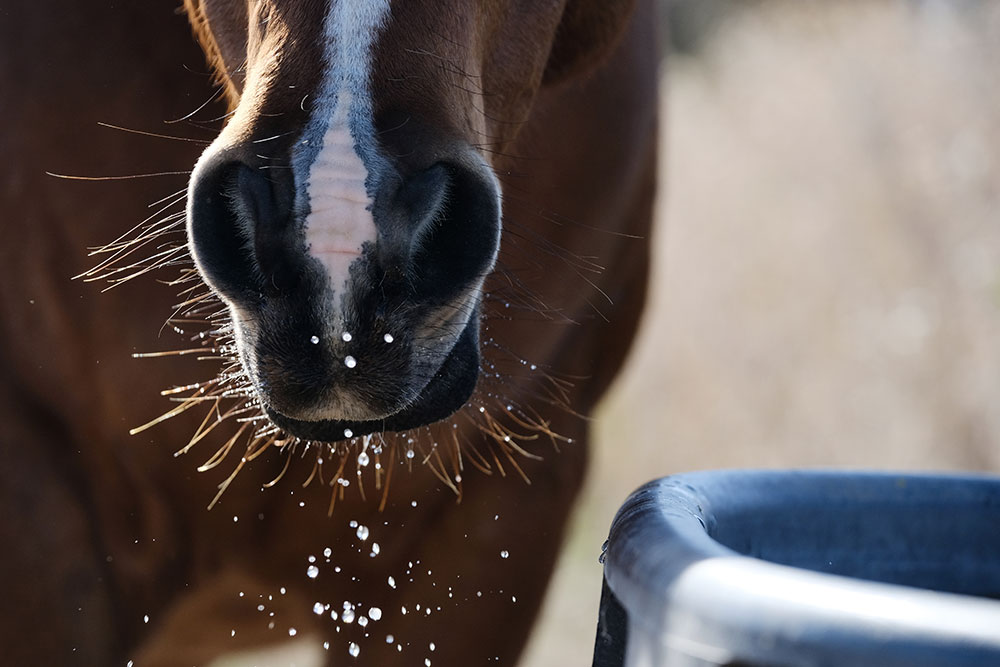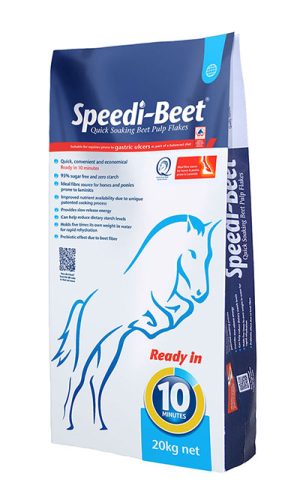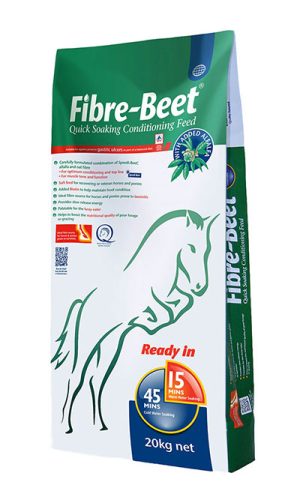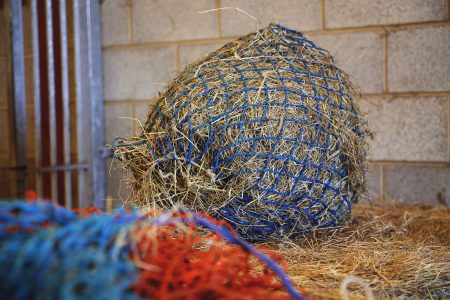Why is dehydration in horses dangerous?
Water is not just important for horses, it is essential. Water makes up to 70% of the horse and has been described as the forgotten nutrient. It is critical to every single aspect of life, health and wellbeing of the horse.
Like every living system, water balance is a matter of constant regulation, fine-tuning and replenishment. Water loss, for whatever reason, needs to be matched with water intake. Too much intake is relatively easy to sort, such as through increased urination, but too little creates a whole range of problems with varying degrees of severity.
Up to 100 litres of water is present in the gut at any one time, mainly getting there through ingestion. Water is also added via saliva, gastric acid, enzyme secretions and most of it is resorbed in the hindgut. Where there is not enough water ingested, the first issue that comes to light tends to be a lack of moisture in the gut. Dehydration in horses can lead to decreased efficiency in the movement of the contents of the gut, potentially leading to colic.
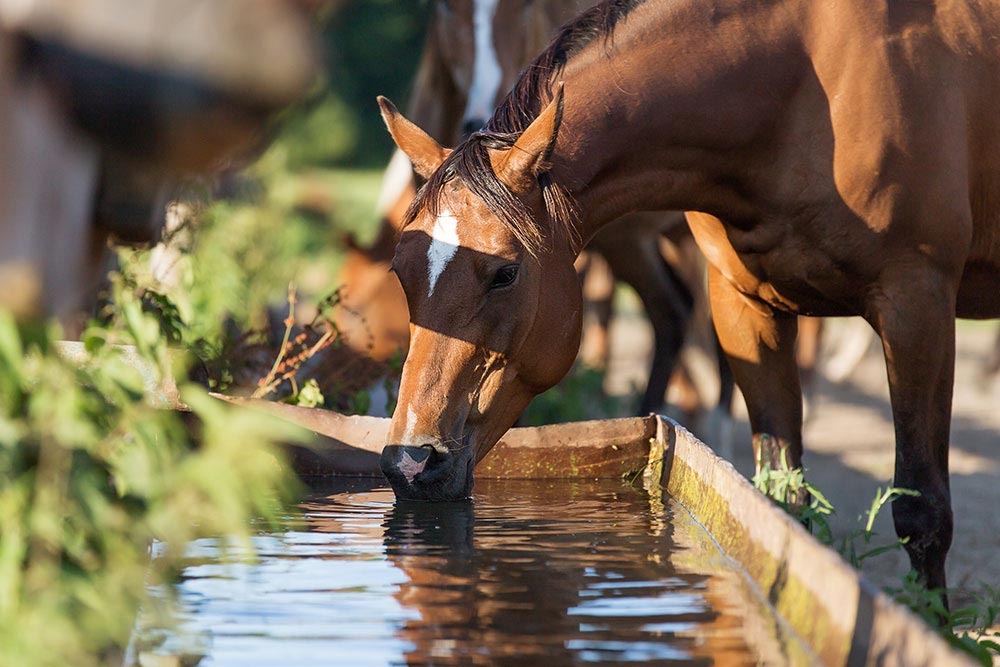
What increases chances of dehydration in horses?
For a 500kg show animal in the summer’s heat, possibly stressed by crowds, noise and the excitement of the day, they potentially require upwards of 50 litres of water a day, just to replace losses. For an active horse, up to 15 litres of water can be lost per hour. Even a horse that is not competing, but exercising in the summer’s heat, will lose a substantial amount of water.
Transport must be another consideration. Travelling a horse to an event can be stressful and in addition, reduces the chance for water intake. As a result, you could arrive at your destination with a horse which is already mildly dehydrated.
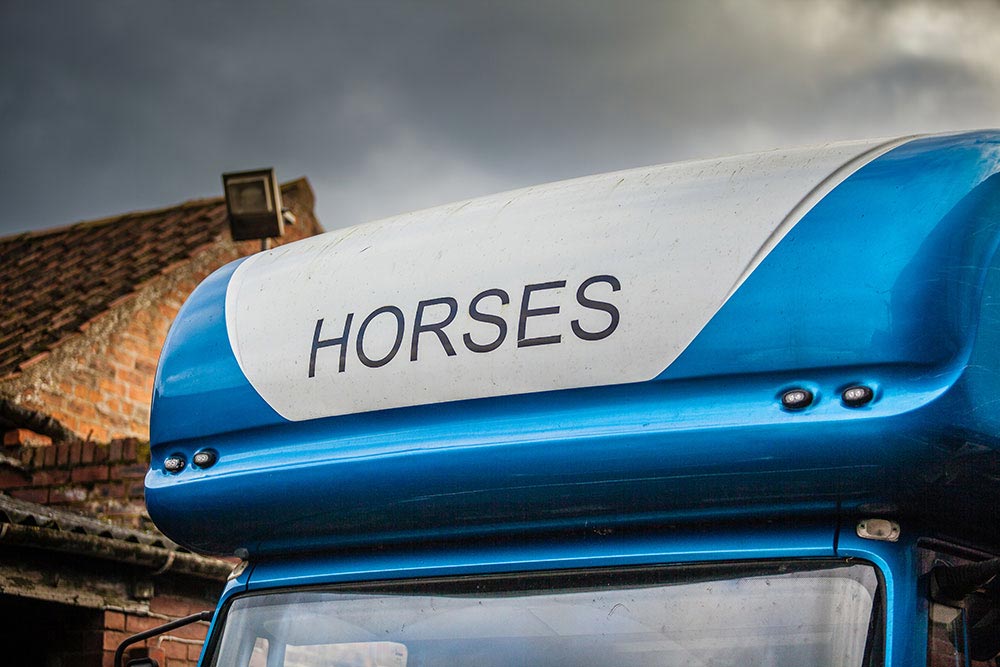
How to help overcome dehydration in horses
Access to adequate water can reduce the likelihood of dehydration but the main problem is ensuring the horse actually drinks. It is calculated 5-7% of a horse’s weight is needed as a base line daily intake. On top of this, water that is lost through exercise, urine, faeces and temperature control needs to be taken into account.
Horses are naturally more likely to take on increased levels of water if they spend longer turned out in the field, compared to horses that spend more time stabled because grass is composed of 80% water. When horses eat a meal, this can also affect the balance of fluids within the body, and if several large meals are fed during the day, this can be enough to dehydrate a horse to the point of causing issues such as colic. It is therefore always important to consider what and how much you are feeding your horse and make sure there is always a good supply of clean, fresh water available.
It is also important to understand that water cannot be stored in a reserve as excess water is quickly lost through homeostasis (the self-regulation of the biological systems), so even if your horse takes on plenty of water one day, it will not keep that water for another time when it has access to less water.
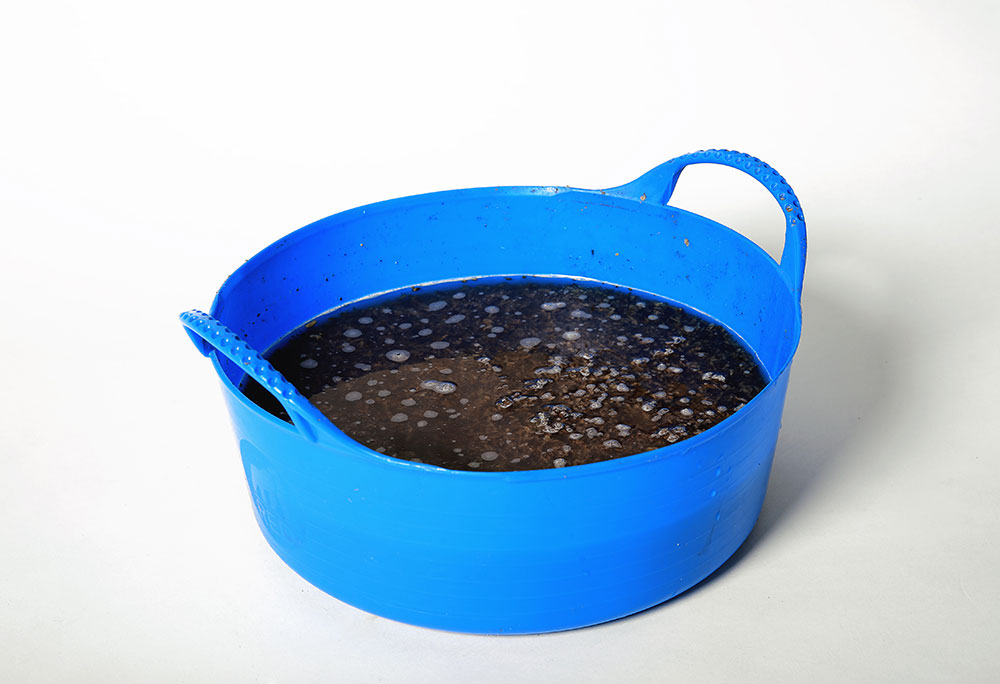
What's In The Feed Bowl
Water should be considered as the essential nutrient, and should make up 2-3 times more of the diet than any dry matter fed to avoid dehydration in horses. For a horse in a base state, grazing with limited exertion, grass easily covers this, as would haylage or soaked hay. Therefore, a bucket of water as a top-up might suffice. However, once other demands are added such as exercise and/or stress, the use of moist feeds should be considered, with drinking remaining as a top-up. This is where mash feeds are so good. Feeds like Speedi-Beet and Fibre-Beet, supply highly digestible fibre and can take up large amounts of water. Speedi-Beet can soak up to ten times its own weight in water, Fibre-Beet can soak up to six times its weight. Feeding a well-soaked fibre will help introduce extra water into the horse without it consciously drinking.
British Horse Feeds are well-known for our flagship product ‘Speedi-Beet’ which, thanks to the unique patented process has revolutionized the feeding of beet pulp. Speedi-Beet has improved nutrient availability and soaks in just 10 minutes, compared to 24 hours for sugar beet pellets. British Horse Feed’s Fibre-Beet and Speedi-Beet are both soaked fibre mashes which expand when soaked. Speedi-Beet holds 5 X it’s weight in water and Fibre-Beet holds 3 X it’s weight in water. It can also be used to enhance forage supplies or replace (up to 60% of the daily forage allowance – for example, 1kg meal of soaked Speedi-Beet or Fibre-Beet could replace ½ kg of hay) when turnout and other forage options are limited and should be fed in several, smaller feeds throughout the day, encouraging natural trickle feeding behaviour. Additional water can also be added to these feeds beyond the minimum amount stated, to encourage more water intake.
Always consult your vet for any veterinary advice or get in touch with British Horse Feeds’ qualified nutritionists on 01765 680300 or email enquiries@britishhorsefeeds.com or visit www.britishhorsefeeds.com.



